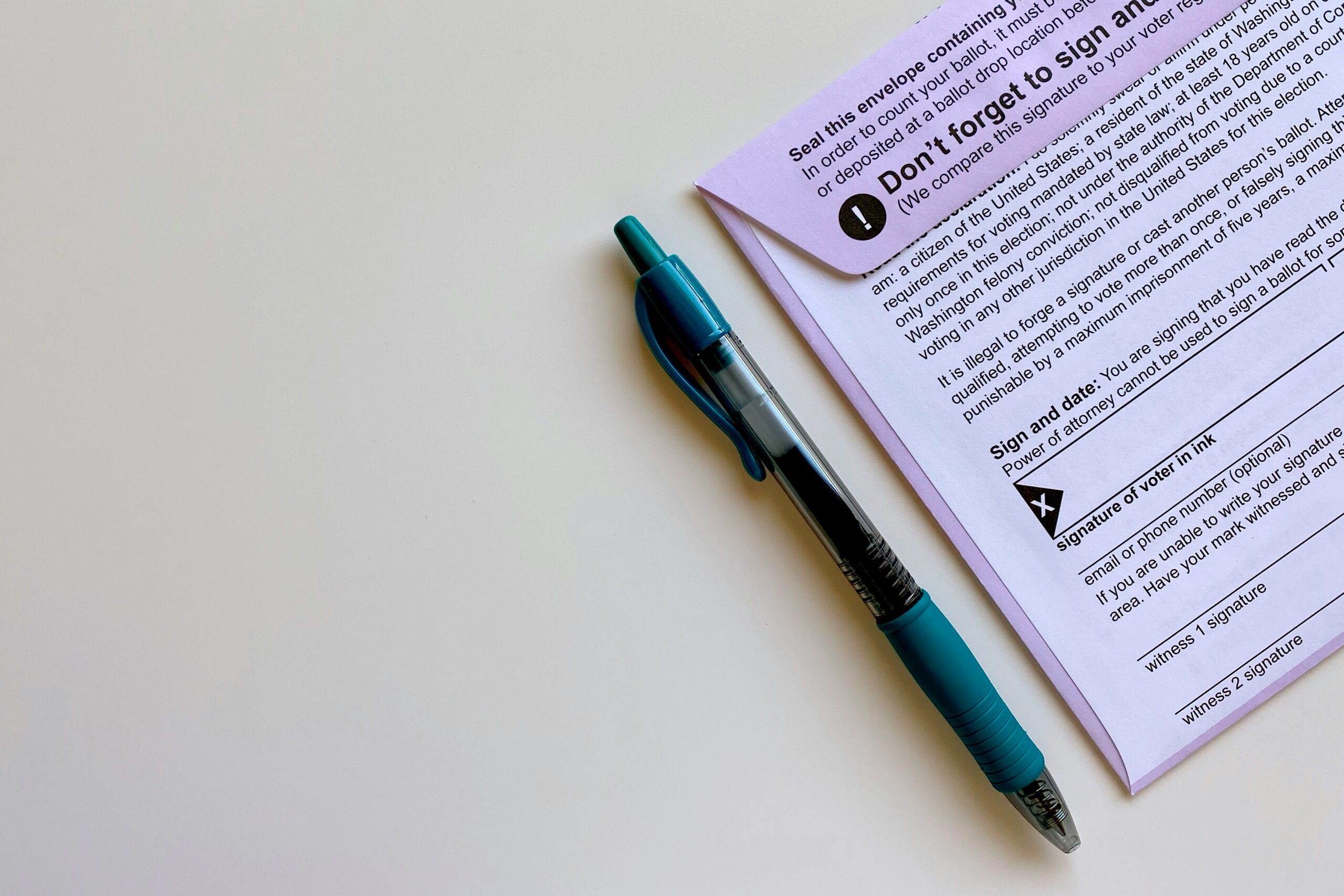What you need to know: sales tax changes in 2021
by December 13, 2021
The world has changed so much over the past two years, and sales tax was no exception. For online sellers, preparing for the year ahead means being aware of the sales tax updates and how they impact their compliance. Here are some big changes that happened in sales tax in 2021.
Florida new sales tax laws
Florida, long a holdout, enacted economic nexus and marketplace facilitator laws. As of July 1, 2021, e-commerce businesses who exceed $100,000 in sales to buyers in the state of Florida are required by law to register for a Florida sales tax permit and begin collecting sales tax. Sales tax is due to be collected on the “next transaction” occurring on or after July 1, 2021.
Florida’s new marketplace facilitator law states that marketplace facilitators who make or facilitate more than $100,000 in sales on behalf of third-party sellers to Florida customers in the previous calendar year are required to collect Florida sales tax. Learn more about Florida’s new laws here.
Kansas’s small seller exemption
Kansas, a state with a dramatic sales tax history, overrode governor Laura Kelly’s veto of S.B. 50 to enact a small seller exemption. This was a huge win for small businesses. Beginning July 1, 2021, remote e-commerce sellers who fit the following criteria are considered to have Kansas economic nexus:
- More than $100,000 of cumulative gross receipts from sales to customers in the state for the period of January 1, 2021, through June 30, 2021 or
- More than $100,000 of cumulative gross receipts from sales to customers in the state during the current or immediately preceding calendar year.
Leaving transaction thresholds behind in 2021
The South Dakota vs. Wayfair ruling gave states the power to create economic nexus thresholds. These are thresholds for when a business is required to collect sales tax in a state based on number of transactions or total revenue. Now, a little over three years after the ruling, states are nixing the transaction thresholds to allow for some fairness for small sellers.
Think about it using an example. Leo’s Pens sells 200 pens for 50 cents each. Under certain state’s transaction’s requirements, they would have economic nexus. These economic nexus laws were set up with larger sellers in mind, and not to be a burden on small sellers.
Wisconsin has enacted a new sales tax law that eliminates the state’s 200 transaction economic nexus threshold for remote sellers, effective February 20, 2021. Now, a remote seller is only required to collect and remit sales tax if its sales into Wisconsin exceed $100,000 in the previous or current calendar year. Find more information on this new change here.
Maine passed a sales tax law eliminating their 200 transaction economic nexus threshold for remote sellers. Starting January 1, 2022, a remote seller is only required to collect and remit sales tax if its sales into Maine exceed $100,000 in the previous or current calendar year. More on that change here.
Are you ready for 2022?
How will these new changes impact your business? Sales tax is always changing, and states continue to add new laws and legislation. It’s important for companies to stay aware of new changes as they could impact their compliance. Luckily, TaxJar is full of people who love sales tax research, so you don’t have to worry about doing the heavy lifting. With TaxJar, we’ll let you know when you are approaching nexus in a new state, so you are always in compliance. Try TaxJar for free for 30 days, no credit card required.








